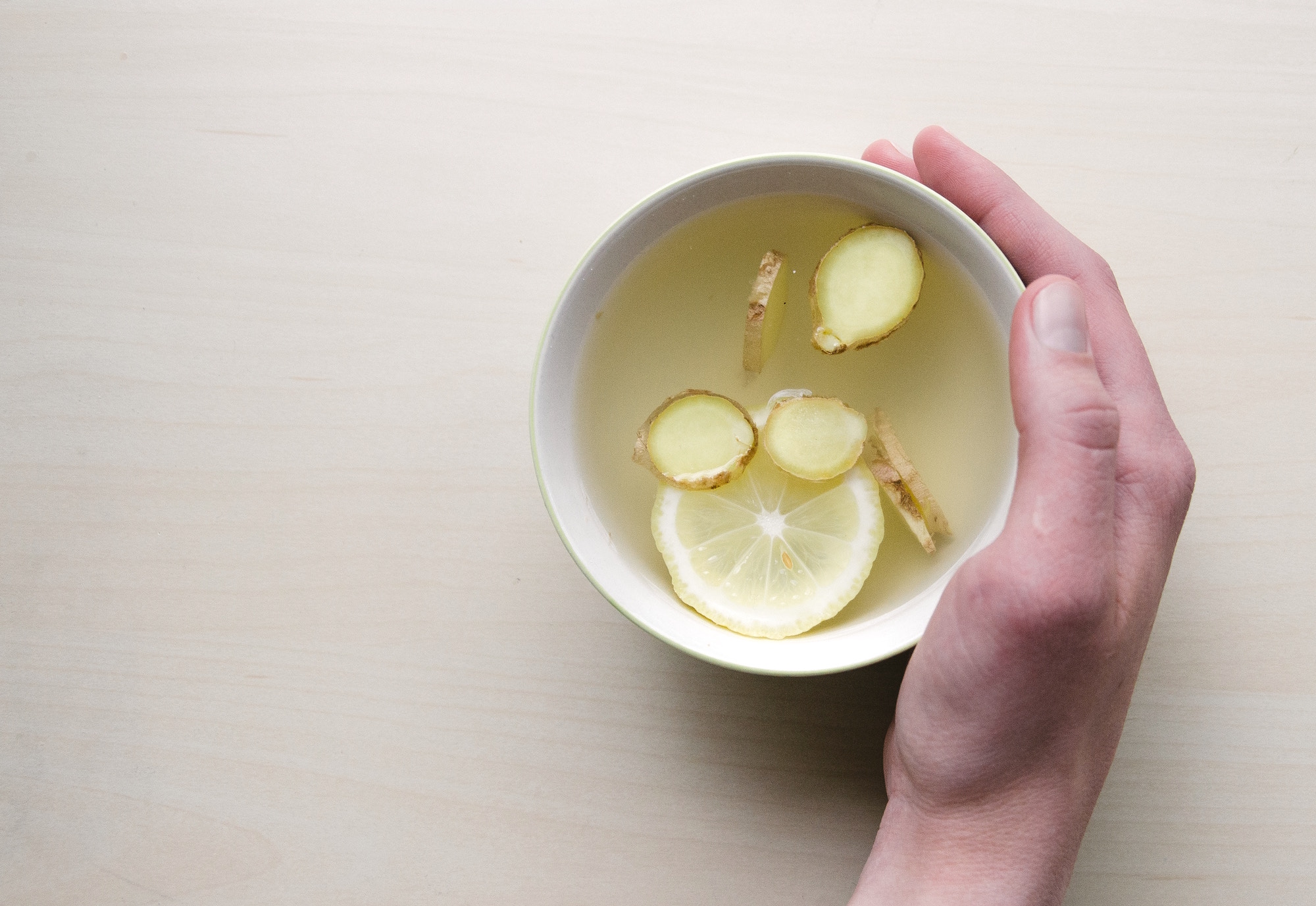
TRY A 3 DAY DETOX
Toxins may build up in both body and mind as a result of wrong food combinations, over-indulgence in heavy foods and poor lifestyle habits. Toxins can also accumulate from the air we breath, the water we drink, and emotional toxins can build up from thought patterns, stress or painful experiences we haven’t fully digested.
Ayurveda recommends detoxing on a regular basis to eliminate toxins and return to our natural state of health and wellbeing. A 3 day detox is easy to manage at home, and has great benefits, awakening your body’s capacity for self-renewal and self-regulation. Ideally, set aside 3 days when you won’t be working so that you have time to rest and rejuvenate. For example, you can commit to beginning your detox on Saturday morning and completing it Monday evening.
During your detox, eat a simplified diet to allow your body to release any accumulated toxins. Eat fresh, seasonal vegetables, which are low in calories, easy to digest and assist a detox.
Foods that Support Detoxification are easy to digest foods: Lentil soup, Kitchari (see recipe next blog), Light vegetable soups, Steamed or sautéed broccoli, carrots, zucchini, asparagus, brussels sprouts, cabbage, and beets, lightly steamed greens such as spinach, chard, and beet greens, Basmati rice, quinoa, millet, and barley, Spices such as ginger, cumin, coriander, and fennel, Flaxseeds, sesame seeds, sunflower seeds, and pumpkin seeds, Poached apples and pears; cooked apricots, prunes, and figs, Fresh berries; raspberries, blackberries, blueberries.
Foods to Reduce or Eliminate: Animal and dairy products (ghee in small amounts), Refined sugar and flour products, canned, leftover, processed and microwaved foods, fermented foods, including pickles and vinegar, cold and raw foods, fried foods, alcohol, caffeine, chocolate.
Digestion is strongest when the sun is brightest at midday, so eat your largest meal then and have a small, light dinner, such as vegetable soup. Include the six tastes (sweet, salty, sour, pungent, bitter, astringent) in every meal so that you are eating balanced, satisfying meals. When you incorporate all six tastes, you get all the nutrients your body needs and decrease cravings for unhealthy food. Drink fresh, pure water and ginger tea. Give yourself daily self-massage, sweat out toxins, turn off electronics and nourish yourself with meditation and light yoga, and have a have a daily routine:
Morning:
- Meditate
- Gentle stretching or yoga
- Self-massage
- Warm breakfast; ginger tea with cooked cereal or grains with almond milk
Afternoon:
- Main meal at lunch
- Have a 10-15-minute walk after lunch to aid digestion
- Do exercise that helps you to sweat or have a sauna
- Meditate
Evening:
- Light dinner
- Short walk
- Read something inspirational
- Warm bath
- Write or draw in journal
- Bed by 10 p.m.
RECIPE FOR KITCHARI
The consistency of this rice and legume dish should be soft, like porridge. Kitcharis are Ayurveda’s cleansing therapy and the core of Ayurvedic nutritional healing because of their ease of digestion and assimilation, and their ability to rid the body of undigested waste (ama). They are suitable for all doshas and can be varied according to the effect required, which depends on the spices and vegetables used.
Ingredients:
- 1 cup uncooked split mung beans
- ½ cup uncooked white basmati rice (rinse with water until water runs clear)
- 1 tablespoon of ghee (can use sesame oil or coconut oil)
- 1 tablespoon freshly grated ginger root or 1 teaspoon dried ginger
- 2 bay leaves
- 1 teaspoon each of black mustard seeds, cumin, and turmeric powder
- Optional: ½ teaspoon each coriander powder, fennel and fenugreek seeds
- Optional: 1 pinch hing (asafoetida)
- 6 cups water
- ½ teaspoon salt (Himalayan pink salt is best)
- Optional: 1 small handful fresh chopped coriander leaves
Method:
Rinse the mung beans until the water runs clear, then bring mung beans to boil in 4 cups of water and turn off. Let them sit for 1 to 2 hours in the boiled water, then drain and rinse.
Heat a large pot on low heat and add ghee or sesame oil, followed by all the spices (except bay leaves) and cook for a few minutes, stirring constantly. This roasting enhances the flavor but make sure they don’t burn. Add mung beans and rice and stir again.
Add water and bay leaves, increase the heat and bring to boil. Boil for 10 minutes. Turn heat to low, cover and cook until mung beans and rice become soft (about 30 to 40 minutes).
Add cilantro leaves as a garnish just before serving, if desired. Add salt to taste.
RECIPE FOR GINGER TEA
Ginger tea helps to purify the body and boosts the digestive system.
Ingredients:
- Unpeeled ginger root
- Hot water
- Raw organic honey (optional)
- Chopped mint (optional)
- Lemon slices (optional)
Method:
To make one cup of tea, put 1 heaped teaspoon of chopped unpeeled ginger root into 1 cup of hot water. Let the tea steep for 2 minutes. Strain or allow ginger settle to the bottom. Drink.
Alternatively place chopped ginger in a saucepan with required amount of water, bring to boil, reduce heat and simmer for 5-10 minutes. Strain and place in a thermos for drinking throughout the day. You can sweeten the tea with a little organic honey or chopped mint or lemon slices (optional).
